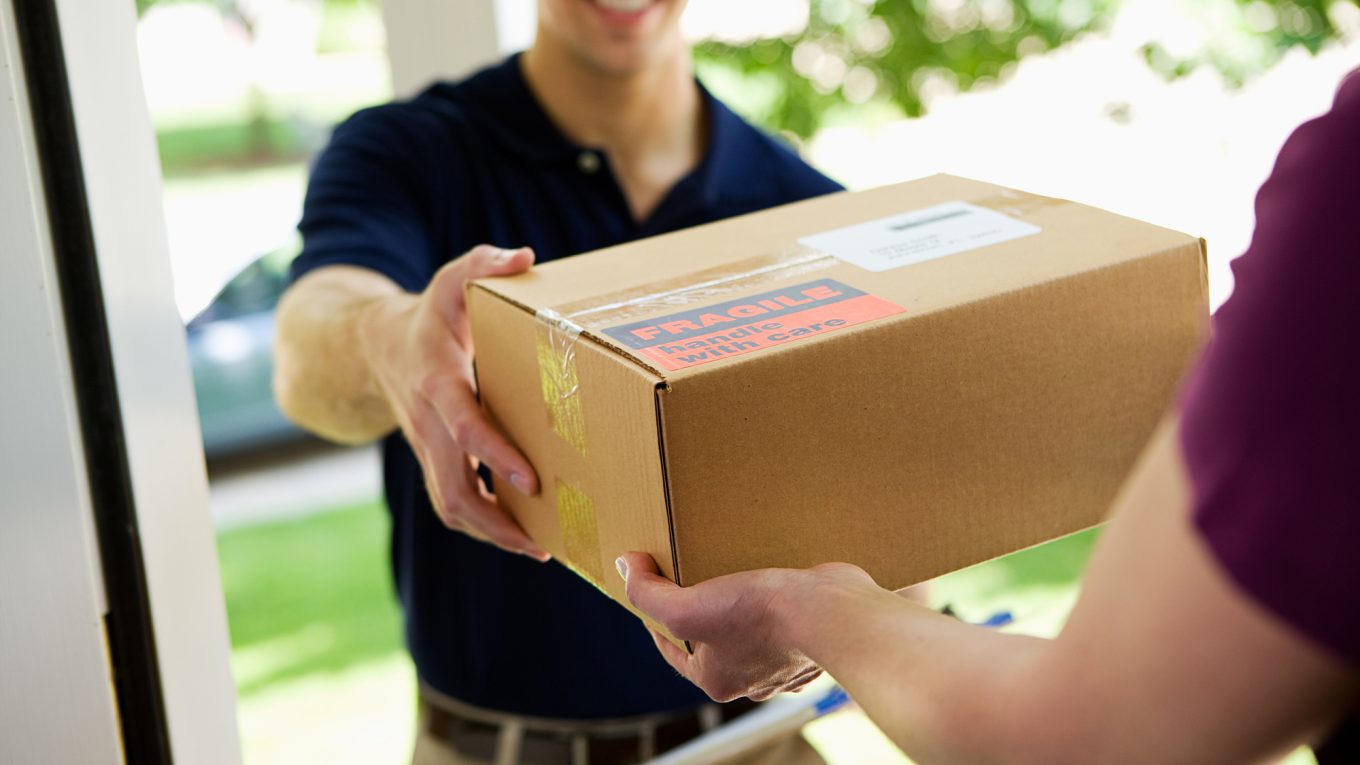Revolutionizing Healthcare: The Rise of Medical Delivery Services
In recent years, technological advancements have transformed the way we access healthcare services. One notable innovation that has gained significant traction is the introduction of medical delivery services. These services are changing the landscape of healthcare delivery by providing a convenient and efficient way for patients to receive medications, medical supplies, and even healthcare equipment at their doorstep. In this blog post, we will explore the various aspects of medical delivery services, their benefits, and the impact they are making on the healthcare industry.
The Need for Medical Delivery Services:
The traditional model of obtaining prescription medications often involves a trip to the pharmacy, which can be challenging for individuals with mobility issues, chronic illnesses, or those living in remote areas. Medical delivery services address these challenges by bringing medications and other healthcare essentials directly to the patient’s doorstep. This not only enhances accessibility but also ensures timely access to crucial medications, promoting better adherence to treatment plans.
Benefits of Medical Delivery Services:
- Convenience: One of the primary advantages of medical delivery services is the convenience they offer. Patients can order their medications from the comfort of their homes and have them delivered at a time that suits their schedule. This is particularly beneficial for individuals with busy lifestyles or those who may find it difficult to travel to a pharmacy.
- Improved Medication Adherence: Timely access to medications plays a crucial role in ensuring patients adhere to their prescribed treatment plans. Medical delivery services contribute to improved medication adherence by eliminating the need for patients to physically go to a pharmacy, reducing the likelihood of missed doses.
- Enhanced Patient Safety: In the current global scenario, where infectious diseases pose a significant threat, minimizing exposure to crowded places like pharmacies becomes crucial. Medical delivery services help mitigate this risk by limiting the need for in-person visits to obtain medications, thereby promoting patient safety.
- Access to Specialized Medications: Some patients require specialized medications that may not be readily available at every local pharmacy. Medical delivery services bridge this gap by connecting patients with pharmacies or healthcare providers that can fulfill their unique medication needs.
- Chronic Disease Management: Patients managing chronic conditions often require a consistent supply of medications and medical supplies. Medical delivery services simplify the process by ensuring that these essentials are delivered promptly, reducing the stress and effort involved in managing chronic diseases.
The Role of Technology:
The success of medical delivery services can be attributed to the integration of technology into the healthcare sector. Mobile applications and online platforms allow patients to easily place orders, track deliveries in real-time, and receive notifications about their medications. Additionally, these platforms often provide educational resources and reminders to support medication adherence.
Challenges and Future Developments:
While medical delivery services offer numerous benefits, they are not without challenges. Regulatory issues, security concerns related to the delivery of controlled substances, and the need for careful handling of sensitive medical information are some of the hurdles that need to be addressed.
Looking ahead, the future of medical delivery services holds exciting possibilities. Continued advancements in technology, coupled with collaborations between healthcare providers, pharmacies, and delivery services, will likely result in further improvements in efficiency, safety, and accessibility.
